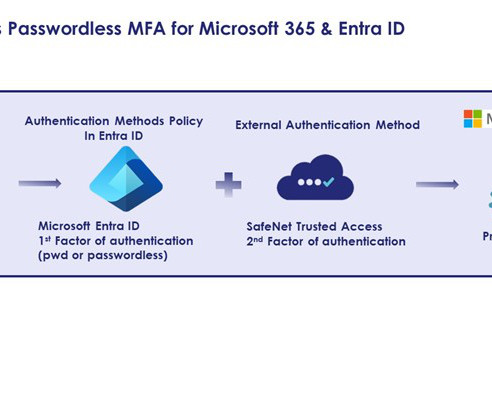Think of remote access as a business continuity issue
SC Magazine
JANUARY 27, 2021
They understood the limitations of virtual private networks (VPNs), yet not one IT leader had the appetite or intention of replacing their legacy access approach. They often went around the VPN, for example, using convenient but unsanctioned and insecure cloud and web apps instead of corporate-sanctioned and secured applications.













Let's personalize your content